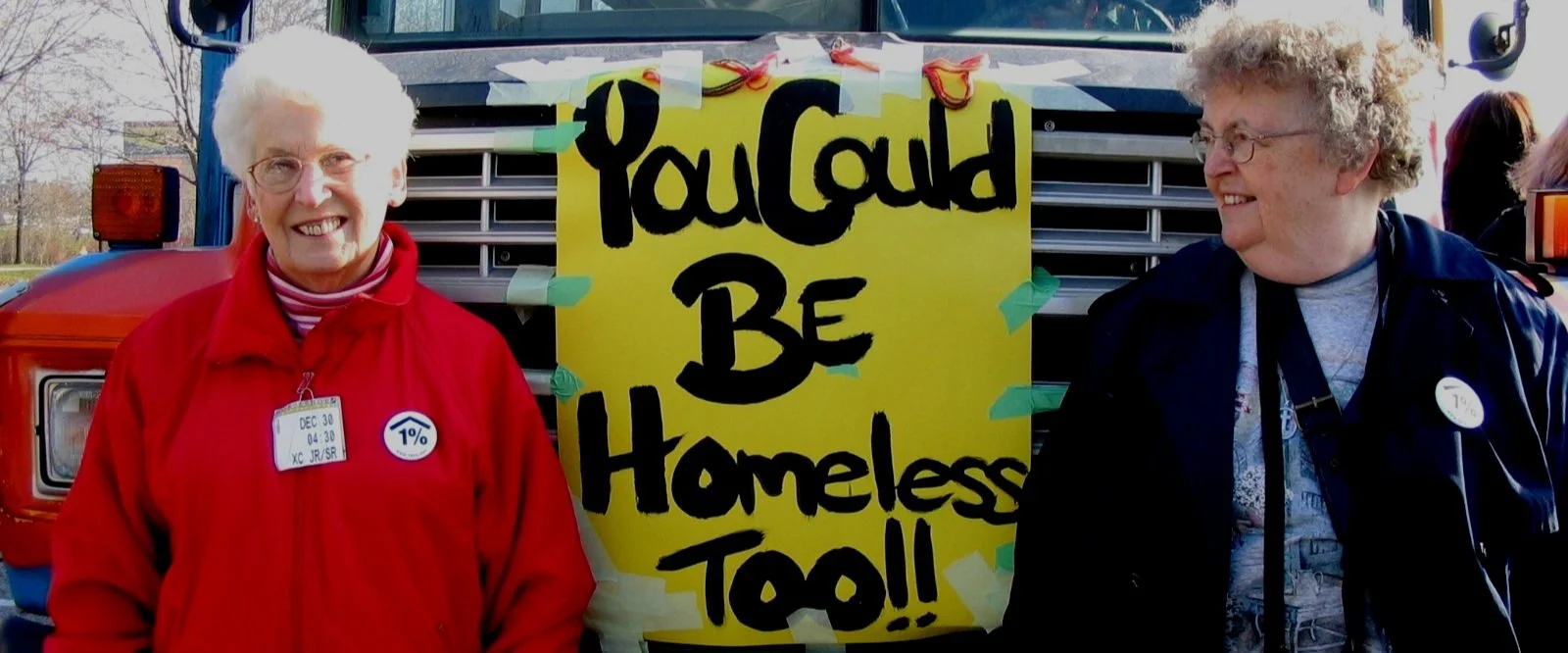Webinars on water issues, opportunities to advocate. See what is happening these next few weeks.
Post-Covid Recovery - Call to Action
Shifting Consciousness - waking from oblivion
Our Federation Ecology Committee has been reading this book and discussing it at their meetings. The book is advertised as addressing how North Americans can come to terms with the clash between Indigenous and settler cultures, faiths, and attitudes toward creation? As one Sister confided: this book helps me face uncomfortable truths. Is this not part of our CSJ charism of unity and reconciliation? Awakening to the Way, the Truth and the Life in our everyday world, is Jesus’ call. Come now awaken us, O Spirit of God.
A week of Prayer for our Oceans
Pope Francis reminds us in Laudato Si’ of the challenge given us in the Earth Charter which followed the Earth Summit in Rio. Pope Francis says: “Here, I would echo that courageous challenge: ‘As never before in history, common destiny beckons us to seek a new beginning…Let ours be a time remembered for the wakening of a new reverence for life, the firm resolve to achieve sustainability, the quickening of the struggle for justice and peace, and the joyful celebration of life.”(148) Laudato Si’ # 207
For further details please visit: Sustainable Ocean
A critical moment to reflect
As we experience the transformative energy of the Black Lives Matter movement sweeping around the world, it is a critical moment to reflect on unconscious bias and the racist assumptions which affect Black, Indigenous, and People of Colour communities in our own city and country. It’s not an easy thing to do. Our cultural tendency to view things through the lens of the individual blinds us to much of what’s going on in society, including systemic racism. It’s not an easy thing to do. Our cultural tendency to view things through the lens of the individual blinds us to much of what’s going on in society, including systemic racism. It can also blind us to the graced potential for transformation which exists even within imperfect social actions such as protests marred by the violence of a few. The challenge is to focus on and follow the graced energy for transformation which is working to bring about greater wholeness and justice. In that spirit, we revisit this short excerpt from a 2019 newsletter from the Federation Office for Systemic Justice.
Robin DiAngelo, who is white, wrote a book called White Fragility (2018). She insists that white people are all racist, and whites who think they’re not racist cause the most damage of all. DiAngelo explains “we are taught to think about racism only as discrete acts committed by individual people, rather than as a complex, interconnected system”.
The individual framing of the issue means we can focus on changing a few individuals who say or do hateful things. It means we don’t have to examine our own unconscious racist assumptions. It means society doesn’t have to change, just individual ‘bad’ persons.
In our society, whites have held, and continue to hold, nearly all the positions of social, political, and economic power. So, the pre-judgements (thoughts, feelings and assumptions into which we are socialized) which whites tend to hold about people of colour have become institutionalized; that is, white prejudice has shaped the structures and systems of our society.
DiAngelo points to a New York Times article from 2016 which illumines the degree to which white people still hold the seats of power. The article is based on the U.S. context but is relevant to Canada. Here are a few examples:
Ten richest people - 100% white
Highest-levels of politics – 90% white
People who decide which television shows are available – 93% white
People who decide which books are available – 90% white
People who decide which news is covered – 85% white
Teachers – 82% white
These statistics reveal “power and control by a racial group that is in the position to disseminate and protect its own self-image, worldview, and interests across the entire society”. Whiteness becomes the norm, while other races are ‘othered.’ The impacts can be devastating:
• Racialized people in Canada are significantly more likely to live in poverty. The 2016 Census showed that 20.8% of peoples of colour are low-income compared to 12.2% of non-racialized people.
• In 2015, there was a 69% high school graduation rate for Black students and 50% for Indigenous students, versus 84% for White students.
• People of colour living in Ontario have higher unemployment rates than White residents. Racialized men are 24% more likely to be unemployed than non-racialized men. Racialized women are 43% more likely to be unemployed than non-racialized men.
Sue Wilson, Federation Office for Systemic Justice













